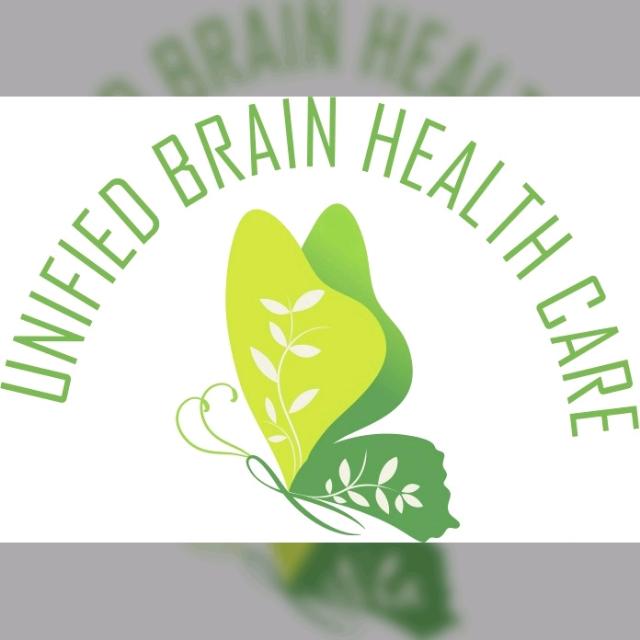What is Cognitive Stimulation and Why is it Important?
- Unified Brain Health Care

- Nov 20, 2020
- 3 min read
Updated: Mar 30, 2021
Dr. Nisha Vidyasagar, Clinical Psychologist, Unified Brain Health Care

In recent times, there has been a heavy emphasis on physical health, and we have seen a spurt in fitness centres and weight loss programs to help maintain physical fitness. Exercise and healthy living is known to ward off ailments, however we continue to neglect our brain. As we age, there are certain structural and chemical changes in our brain which make us susceptible to cognitive decline in the form of memory loss, reduced processing speed, concentration and executive control. These in turn tends to affect our everyday functioning.
Our brain is aging too along with our physical body and it needs care.
40s and 50s are the time when our brain starts changing in subtle ways and there is an actual decline in the brain volume. The formation of new neurons and the number of connections between them tends to reduce thus affecting our learning and memory. The good news however is that our brain continues to remain relatively plastic as we grow older which means that existing neuronal connections are able to adapt when faced with challenging activities and new learning. It is thus possible to enhance one’s cognitive reserves.
Cognitive stimulation is one sure shot way of taking care of our brain by enhancing neuronal plasticity and preventing cognitive decline in the long run. It is a set of strategies, techniques and activities to improve cognitive functions.
It benefits healthy adults with no visible cognitive difficulties as well as those with mild to moderate Dementia and Alzheimer’s disease.
For healthy adults, targeted neurocognitive skills training along with physical training and diet management is essential to promote optimum brain functioning. For preserving holistic brain health as you age, it is important to incorporate cognitively stimulating tasks in your everyday routine.
The following are some of the activities you can consider:
Solving jigsaw puzzles
Calculation exercises like solving Sudoku
Enhancing vocabulary through reading, crosswords
Solving reasoning activities which form a part of aptitude tests
Learning a new language
Taking up dance classes
Learning a new skill like driving a car/cooking
Listening to or playing music
Meditation
Creating art
Community volunteering and meaningful social engagement
For people with dementia there are specialized cognitive stimulation programs which would help enhance their existing cognitive reserve, prevent further decline and enhance their quality of life. These training programs are conducted by qualified neuropsychologists who offer activities catering to the specific needs of the individual. These activities are designed to involve both the hemispheres and are made available in computerized forms, workbooks and/or prescriptions of challenging tasks to be incorporated in everyday routine. Anyone requiring such assistance would benefit from seeking help from a qualified professional.
So in order to preserve our cognitive health and stay in the game in both our personal and professional lives, we need to start caring for the most precious organ in our body, our brain.
Contact Us to know more about cognitive stimulation and taking care of your brain health. Book an Appointment for Neuropsychological Rehabilitation if you are worried about your or your loved one's Brain Health.
Unified Brain Health Care is one of a kind Neuro Rehabilitation Centre in Chennai for adults and children offering in person and online therapy in Cognitive Rehabilitation, Clinical Psychology, Speech Therapy, Physiotherapy, Occupational Therapy, Clinical Nutrition, Career Counselling, Fitness Coaching and Educational Intervention. We also offer help for PCOS, care during pregnancy, post-pregnancy care for new moms, infant and early childhood stimulation, care for caregivers and promote holistic brain health.









Comments